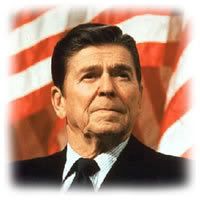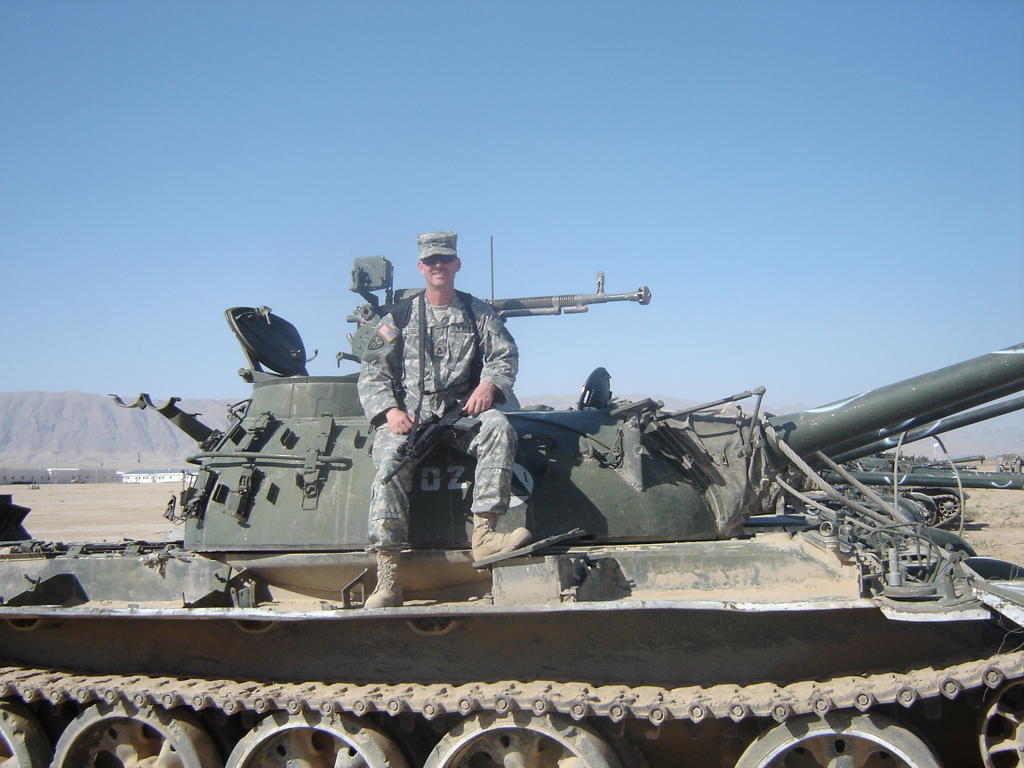Post by MARIO on Feb 21, 2006 20:39:47 GMT -8
War History Repeats Itself
Philip V. Brennan
Tuesday, Feb. 7, 2006
At the outset of the Civil War Congress got very antsy over the fact that the on-to-Richmond campaign somehow was getting stalled somewhere in the neighborhood of Washington, D.C.
That's not how it was supposed to be. According to their scenario Federal forces were to drive 100 miles or so south, brush aside the allegedly hapless rebels, capture the Confederate capital, and the rebellion would be over in a jiffy.
Instead there was a quagmire, and the Union was deeply mired in it.
As historian Bruce Tap has written, Secretary of State William H. Seward once commented that "there would be no serious fighting after all; the South would collapse and everything serenely adjusted" - one battle and it would all be over.
Zachariah Chandler, Michigan's Republican senator, predicted that the Confederates under the elegantly named General Pierre Gustave Toutant Beauregard would "run like cowards" at the sight of Union forces.
It didn't exactly work out that way. In Virginia, during the first conflict of the war, the Battle of Ball's Bluff, the Union forces got their ears pinned back.
In Congress' eyes, President Lincoln was in over his head; the federal army was ill-equipped and ill-generaled and it was up to the men on Capitol hill to step in and take charge. The result: The Joint Committee on the Conduct of the War.
The legislators who made up this weird conglomeration were for the most part dedicated foes of the military.
Enamored of the rather peculiar notion that wars should not be fought by people who had even the vaguest idea of what they were doing, Congress was determined to gut the professional military, including abolishing West Point where, to their disgust, men were taught how to fight battles and win wars.
This absurd mindset was not, by the way, shared by President Jefferson Davis, Robert E. Lee, Stonewall Jackson or the rest of the Confederacy's top officers, all of whom learned their trade, and learned it well, at West Point.
The idea that Lincoln and those West Pointers who stuck with the Union should be allowed to prosecute the war without the wisdom and guidance of the people who made up the Committee on the Conduct of the War surely helped impede the Union's conduct of the war, elongate it, and cost a hell of a lot more lives on both sides of that tragic conflict.
With a membership from the House and Senate, none of whom had ever worn a uniform, and to a man suspicious of the military sticking their noses into the business of prosecuting a war, the ability of the Commander in Chief and the military's top leadership to do their job had to be and was seriously obstructed.
Moreover, public opinion about the war, for and against, was influenced to a great degree by the activities of this ill-begotten committee which continuously implied that dark forces were behind the failure to end the war and bring to troops home.
In his monumental study "Amateurs at War: Abraham Lincoln and the Committee on the Conduct of the War," Bruce Tap wrote " Back in the early days of the rebellion, President Lincoln had assumed broad powers in dealing with the crisis, and Congress approved most of his actions during a special session in July.
"In early December, however, the attitude of Congress was markedly different. Dissatisfied with the state of the war, less confident in Lincoln, and convinced that treason lurked within the innermost circles of the North's military establishment" Congress established the Committee to straighten things out.
To the delight of the Confederate military, the committee's open discussions about the Union's strategy and tactics were providing them with information their intelligence forces were unable to discover on their own.
Moreover, the growing anti-war sentiment in the North as the war continued to go badly gave hope to the South that the North would cut and run if they held out long enough. And so the war went on much longer than it would have had the Confederates not believed the people of the North would eventually cave in.
If all this sounds familiar you have only to consider the behavior of many of the members of today's Congress towards the conduct of the war against militant Islam.
READ THE REST:
www.newsmax.com/archives/articles/2006/2/7/132156.shtml
Philip V. Brennan
Tuesday, Feb. 7, 2006
At the outset of the Civil War Congress got very antsy over the fact that the on-to-Richmond campaign somehow was getting stalled somewhere in the neighborhood of Washington, D.C.
That's not how it was supposed to be. According to their scenario Federal forces were to drive 100 miles or so south, brush aside the allegedly hapless rebels, capture the Confederate capital, and the rebellion would be over in a jiffy.
Instead there was a quagmire, and the Union was deeply mired in it.
As historian Bruce Tap has written, Secretary of State William H. Seward once commented that "there would be no serious fighting after all; the South would collapse and everything serenely adjusted" - one battle and it would all be over.
Zachariah Chandler, Michigan's Republican senator, predicted that the Confederates under the elegantly named General Pierre Gustave Toutant Beauregard would "run like cowards" at the sight of Union forces.
It didn't exactly work out that way. In Virginia, during the first conflict of the war, the Battle of Ball's Bluff, the Union forces got their ears pinned back.
In Congress' eyes, President Lincoln was in over his head; the federal army was ill-equipped and ill-generaled and it was up to the men on Capitol hill to step in and take charge. The result: The Joint Committee on the Conduct of the War.
The legislators who made up this weird conglomeration were for the most part dedicated foes of the military.
Enamored of the rather peculiar notion that wars should not be fought by people who had even the vaguest idea of what they were doing, Congress was determined to gut the professional military, including abolishing West Point where, to their disgust, men were taught how to fight battles and win wars.
This absurd mindset was not, by the way, shared by President Jefferson Davis, Robert E. Lee, Stonewall Jackson or the rest of the Confederacy's top officers, all of whom learned their trade, and learned it well, at West Point.
The idea that Lincoln and those West Pointers who stuck with the Union should be allowed to prosecute the war without the wisdom and guidance of the people who made up the Committee on the Conduct of the War surely helped impede the Union's conduct of the war, elongate it, and cost a hell of a lot more lives on both sides of that tragic conflict.
With a membership from the House and Senate, none of whom had ever worn a uniform, and to a man suspicious of the military sticking their noses into the business of prosecuting a war, the ability of the Commander in Chief and the military's top leadership to do their job had to be and was seriously obstructed.
Moreover, public opinion about the war, for and against, was influenced to a great degree by the activities of this ill-begotten committee which continuously implied that dark forces were behind the failure to end the war and bring to troops home.
In his monumental study "Amateurs at War: Abraham Lincoln and the Committee on the Conduct of the War," Bruce Tap wrote " Back in the early days of the rebellion, President Lincoln had assumed broad powers in dealing with the crisis, and Congress approved most of his actions during a special session in July.
"In early December, however, the attitude of Congress was markedly different. Dissatisfied with the state of the war, less confident in Lincoln, and convinced that treason lurked within the innermost circles of the North's military establishment" Congress established the Committee to straighten things out.
To the delight of the Confederate military, the committee's open discussions about the Union's strategy and tactics were providing them with information their intelligence forces were unable to discover on their own.
Moreover, the growing anti-war sentiment in the North as the war continued to go badly gave hope to the South that the North would cut and run if they held out long enough. And so the war went on much longer than it would have had the Confederates not believed the people of the North would eventually cave in.
If all this sounds familiar you have only to consider the behavior of many of the members of today's Congress towards the conduct of the war against militant Islam.
READ THE REST:
www.newsmax.com/archives/articles/2006/2/7/132156.shtml




